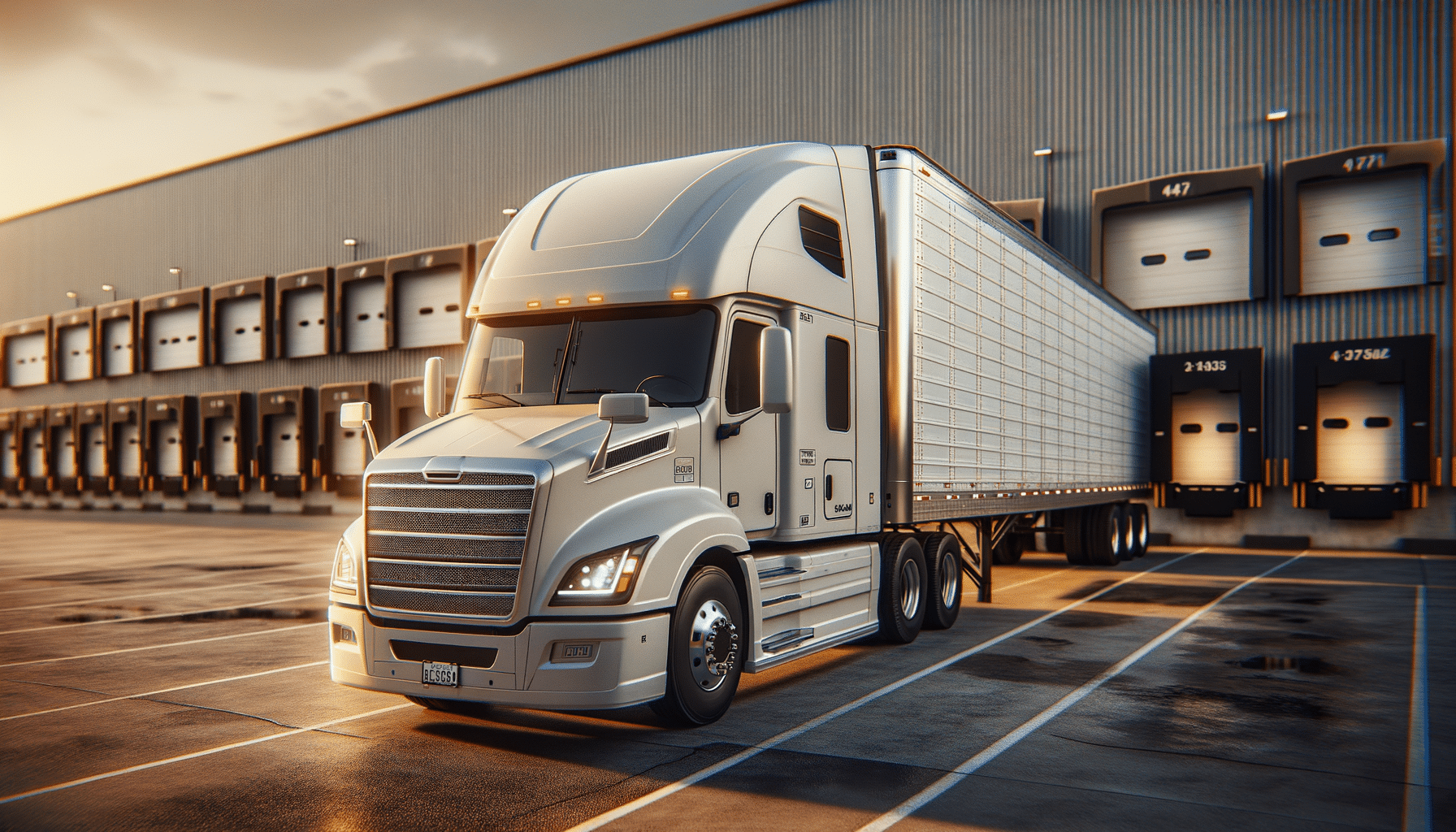
Understanding Van Truck Drivers: An Overview
Introduction to Van Truck Driving
Van truck driving is a crucial component of the transportation industry, facilitating the movement of goods across vast distances. The role of a van truck driver is not only about maneuvering large vehicles but also involves ensuring the safe and timely delivery of cargo. The terminology associated with this profession, such as “dry van truck driver,” “dry van driver,” “CDL A dry van,” and “CDL dry van,” reflects various aspects of the job, including the types of vehicles and the necessary qualifications. Understanding these terms is essential for anyone considering a career in this field or working within the logistics sector.
The Role of a Dry Van Truck Driver
Dry van truck drivers are responsible for transporting goods in enclosed trailers, which are designed to protect the cargo from external elements. The term “dry van” refers to the type of trailer used, which is one of the most common in the trucking industry. These drivers play a vital role in the supply chain, ensuring that products reach their destinations safely and efficiently.
Responsibilities of a dry van truck driver include:
- Loading and unloading cargo
- Inspecting the vehicle for mechanical issues
- Maintaining accurate logs of deliveries
- Adhering to all traffic laws and regulations
The job requires a keen attention to detail and a strong commitment to safety. Drivers must hold a commercial driver’s license (CDL), with many employers specifying a preference for candidates with a “CDL A dry van” endorsement, indicating their ability to handle certain types of freight and trailer combinations.
Qualifications and Licensing: CDL Dry Van
To become a van truck driver, obtaining the appropriate commercial driver’s license (CDL) is a fundamental step. The CDL ensures that the driver has undergone the necessary training to operate large vehicles safely. The “CDL A dry van” or “CDL dry van” designations specify that the driver is certified to operate dry van trailers.
Acquiring a CDL involves:
- Completing a training program
- Passing written and practical exams
- Undergoing medical examinations
These requirements ensure that drivers are well-prepared to handle the challenges of the road. The emphasis on safety and skill is paramount, given the potential hazards associated with driving large commercial vehicles. Furthermore, ongoing education and training are often required to keep up with industry standards and regulatory changes.
Challenges and Rewards of Van Truck Driving
Van truck drivers face a unique set of challenges, including long hours on the road, varying weather conditions, and the physical demands of loading and unloading cargo. Despite these challenges, many find the profession rewarding, offering a sense of independence and the opportunity to travel extensively.
Some of the key challenges include:
- Managing fatigue and long driving hours
- Navigating traffic and road conditions
- Ensuring the security and integrity of cargo
On the other hand, the rewards can be substantial. Drivers often enjoy competitive salaries, job stability, and the satisfaction of contributing to the economy by ensuring the smooth flow of goods. Moreover, the skills acquired as a van truck driver can open doors to various career advancement opportunities within the transportation and logistics industries.
The Future of Van Truck Driving
The van truck driving industry is poised for significant changes, driven by technological advancements and evolving consumer demands. Automation and digital technologies are reshaping the way goods are transported, with innovations such as GPS navigation systems and electronic logging devices becoming standard.
Future trends in van truck driving may include:
- Increased use of autonomous vehicles
- Greater emphasis on sustainability and fuel efficiency
- Enhanced safety features and driver assistance systems
While these changes present new challenges, they also offer exciting opportunities for drivers willing to adapt and embrace new technologies. The role of the van truck driver will continue to evolve, but the core skills of safety, responsibility, and reliability will remain essential.


